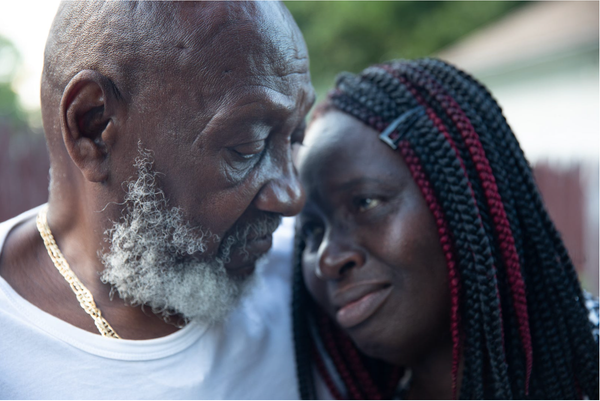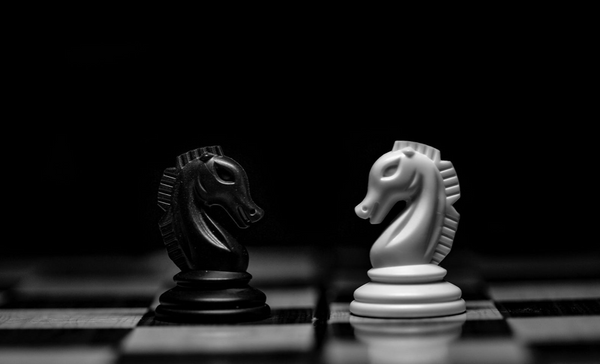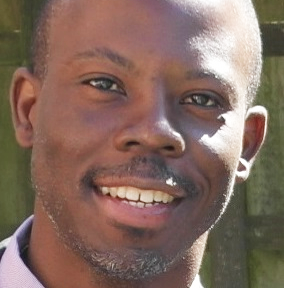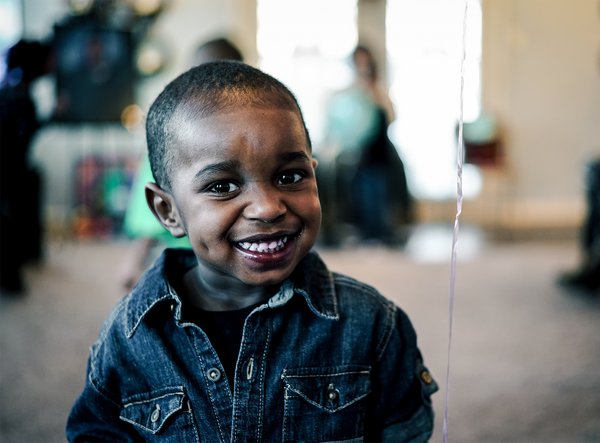I decided to learn the bass when my youngest son was born. It has been a difficult process because learning an instrument in your forties is no small feat. My body is not as fluid as it was as a child and there’s not as much time to become proficient, so I practice more intensely than I might have as a youth. That payed off recently when I wrote and performed an arrangement of Peter Maxwell Davies’ “Farewell to Stromness” in front of an audience.
I think about practice a lot: writing, music, even raising children. As I watch my children grow, I realize everything is a practice.
“I can’t do this!” They shout, throwing up their hands in frustration and abandoning attempts to draw a picture of a dragon.
“Of course, you can’t,” I say. “You’ve only started drawing. You just need more practice.”
I try to teach that it’s natural to fail, that failure is a part of practicing, and since we have to practice every single thing we do, we also fail at every single thing we do.
“When you were a baby,” I tell them, “you didn’t even know how to chew your food. You had to learn that. You don’t remember, but you practiced every day just by trying to eat. Just like you had to practice walking, and holding a crayon, and drawing on paper, and now drawing a dragon. You practice everything, you make mistakes, and you learn. That’s how you get better.”
They don’t get it. They’re too young, and it’s something even adults struggle with. We all understand what practice is, but forget that it pertains to everything. Somewhere along the way, practice becomes something we only do in things like music or sports. Mundane activities like “talking with people” are certainly not something we think about as requiring practice. As a whole, adults don’t “practice” things, we are supposed to just do things the right way the first time.

My children often comment on my practice, calling out their dramatic and painful observations in the way that only children can do.
“You keep playing the same thing over and over again.”
“Why don’t you just play it right without messing it up?”
We often think of practice as a way to stop messing up, to stop failing. I think many children leave music because of this. Comparing yourself against a professional who’s “perfect,” it’s easy to say “I’ll never be that good, I’ll always make mistakes.”
That’s a dark road to walk. If the point of practice is to stop making mistakes, and if you are always going to make mistakes, then your destiny is failure. But the point of practice is not to avoid mistakes, the point of practice is to make them.
When I started practicing bass, I made lots of mistakes. Often I had to start playing from the beginning of a song because I couldn’t even figure out where I was. It took so much concentration simply to get from one note to the next that if the slightest thing went wrong, I fell apart. My mistakes collided with my performance of the piece.
After weeks of practicing, I still made mistakes but could recover more quickly. The piece got into my muscle memory, that place where I didn’t have to concentrate on moving from one note to the next. I could make a mistake and have the mental and physical space to recover, even improvise. You hear this in recordings of the early jazz masters — think of Miles Davis’ Kind of Blue. There are tons of mistakes in that album, but the artists recovered well. Their mistakes became part of the performance.
That’s what practice gives us. Not the avoidance of mistakes, but the ability to make them and recover, even to make them part of the performance. The first time I performed “Farewell to Stromness,” I knew I would make mistakes. But I had practiced so I could recover from those mistakes, giving myself permission to fail over and over again. And knowing even then that I would continue failing.
That kind of grace to allow failure is something that goes hand to hand with practice, and something I think the world needs more.

I fail at parenting daily. I get angry at my eldest son for not putting his shoes on while we’re all waiting for him. I try to remind myself that he’s six, of course, he’s going to screw up getting ready on time. Neither being aware of others nor putting on his shoes are in his muscle memory. He needs to concentrate just to get to the next note, yet I don’t give him any grace for failure.
And then I berate myself for failing as a parent. I don’t say, “I’ve never raised six-year-old twins and a three-year-old before, so naturally I’ll make mistakes.” I just get angry at myself as if parenting is something that doesn’t take practice, as if I’m supposed to just do things the right way the first time.
And the same is true for broader social issues too, especially equality. My wife is white, and is wont to say things that are clueless about race. Often she frustrates me, but the reality is that I practice navigating issues of race daily — by sheer necessity. It’s one thing if she didn’t care about these issues, but she very much does. She just doesn’t have as much practice as I do. Race is not in her muscle memory yet. She still needs to concentrate to get from one note to the next. She can’t recover from mistakes easily, and certainly can’t improvise. I need to give her the grace to fail, and to learn to recover from those failures.
Of course, grace goes both ways. As much as I practice classical music on my bass, I know that I’m not good enough to jump on a stage and demand that YoYo Ma play with me. If I did, he’d have every right to be angry at my puerile attempts at performance. I can neither demand his attention nor demand he acknowledge my skills as equal to his own.
Likewise, I have no right to steal his cello, or to beat him with it because he’s better than me. Just as I have a right to fail in practice, I have a responsibility to know my limits in performance. I should have the grace to stay in my lane.
My wife deserves grace to fail when talking with about race. But she also has the responsibility to know whether she can jump on stage and jam or whether she should just sit down and listen.
We assume anyone can talk about anything at any time or they are flawed. But topics like race, gender, and religion can be very difficult to discuss, and anything difficult requires practice. We often fail to realize we need to practice, and so fail to realize that others may be more practiced than we are. So we jump up and start spouting poorly formed thoughts or using false facts about race with anyone and then get confused when they get angry.
I think we need more grace in the world. We need grace to allow ourselves and others to fail, and grace to know when to sit down and listen. We need grace to practice everything we do. This is especially true when it comes to handling things that are difficult.

The older I get, the more frustrated I am at the lack of progress in our race relations. As our country moves increasingly toward right wing policies — as we talk about walls, privatize our prisons, and militarize our police — that frustration turns to anger. But my perspective has been shifting as I’ve practiced music and thought about grace.
I’ve become disenchanted with terms like “justice.” Justice means so many things to different people: Obeying the law, playing fair, following the rules of society––it has become all but meaningless. Some people think Walter Scott received justice because he ran away while others others think Michael Slager got justice by going to prison. Justice, it seems, has served everyone . . . and no-one.
And so I no longer want social justice, I don’t even know if I want to live in “a just society.” I want to live in a graceful society. What I want is social grace.
The description of race by the noted professor john a. powell illustrates our need for grace perfectly. “Race is a lot like gravity,” he said. “All of us have weight. And yet, by some accounts, there are about twelve people in the world that really understand gravity. Maybe fourteen people understand race.”
That’s the truth of it. All of us are just practicing, some people make fewer mistakes than others. A few are good enough to make their mistakes part of the performance.
We — not America, or The West, but our humanity — have never lived in a time like this. We have never lived in a time where so many cultures and world views live so closely to one another. This is not in humanity’s muscle memory. If the music of humanity is now cacophonous and confused, it is only because we have to use all of our collective concentration just to get from one note to the next. When we make a mistake, it’s hard to recover, and the song of humanity falters.
We need social grace. The grace to allow ourselves and others to fail, the grace to know when to stay in our lane. My wife needs grace to practice and fail. I may strive for equality in America but need the grace to realize that, as an American, people all over the world labor in poverty so I can have an iPhone.
Every one of us is guided by race’s gravitational pull in ways we often don’t even realize, and none of us really understands it all. It’s easy to look at the orbits we all make around race through the lens of social media and feel like the world is a tragedy. But what if we approach equality and social cohesion as a practice, allowing each other the space to fail, but also knowing when to stay in our own lane and listen?
We cannot avoid difficult conversations and expect them to get easier. We need to fail to learn how to recover from failure and be better. Like practicing an instrument, the practice of our humanity should not be undertaken with the goal of avoiding mistakes, or demonizing ourselves when we make them. We should undertake our practice of humanity with the goal of recovering from our mistakes more quickly, and someday even making our mistakes part of the performance.













